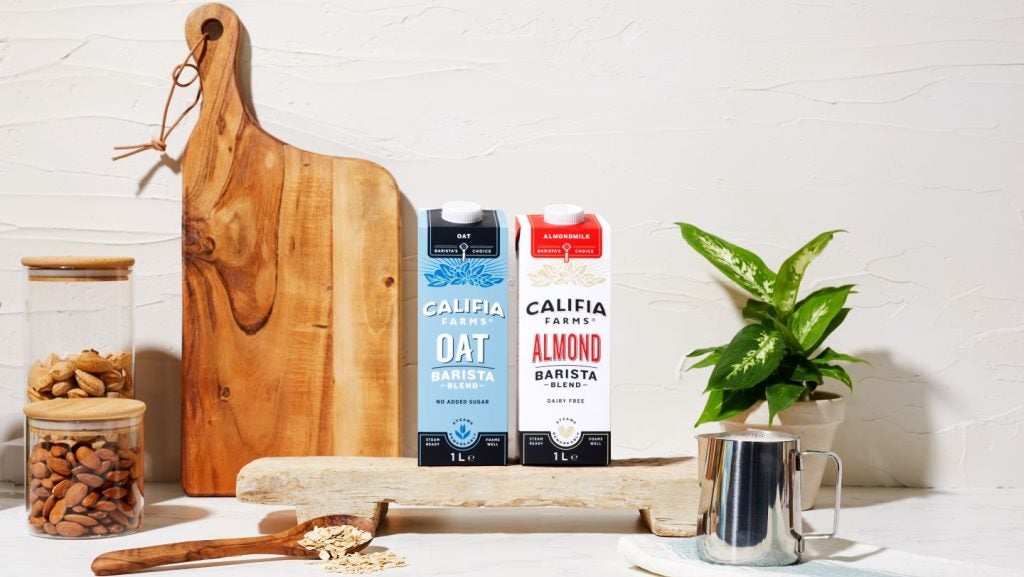A ruling by South Africa’s government to ban “meaty” names for plant-based foods has angered the country’s alt-meat sector.
The South African Department of Agriculture, Land Reform and Rural Development (DALRRD) announced last Wednesday (22 June) that descriptions such as “veggie biltong”, “plant-based meatballs” and “vegan nuggets” are to be outlawed.
The department said the terms do not meet the definition of “processed meat” under the country’s Regulation No.R.1283. It claims they are misleading.
In a letter addressed to “all processors, importers and retailers of meat analogues”, DALRRD instructed that meat alternatives “must not use the product names prescribed and reserved for processed meat products”.
The letter also instructed the country’s Food Safety Agency (FSA) to seize and remove any plant-based products using names that traditionally refer to animal-based products.
See Also:
In a related move, it is understood Woolworths, one of the largest supermarket chains in the country, has been told by the FSA to stop selling plant-based egg substitute Just Egg under threat of seizure. It was told the product being sold as eggs was misleading as it had not hailed from fowl.
How well do you really know your competitors?
Access the most comprehensive Company Profiles on the market, powered by GlobalData. Save hours of research. Gain competitive edge.

Thank you!
Your download email will arrive shortly
Not ready to buy yet? Download a free sample
We are confident about the unique quality of our Company Profiles. However, we want you to make the most beneficial decision for your business, so we offer a free sample that you can download by submitting the below form
By GlobalDataJust Food has asked Just Egg’s manufacturer, the US firm Eat Just, for a response to this move.
Among those to react to the government’s broader move against the terminology used by alt-meat firms was South Africa-based plant-based business Fry Family Foods, owned by US-based The Livekindly Collective.
“Fry’s, along with many of South Africa’s plant-based food stakeholders, believe that Regulation No.R.1283 does not apply to plant-based meat alternatives, and we, therefore, do not believe that it is reasonable,” it said.
It added: “Fry’s has been producing plant-based protein products for over 30 years from our factory in Durban, South Africa. The company is the pioneer of the category in South Africa. At no point have we felt that our naming conventions were confusing for consumers, and in fact, our product names play an important role in helping our consumers understand how to use our products. We feel strongly that if we cannot use product names like ‘burger’, ‘sausage’, ‘nugget’ or ‘mince’ it will create confusion for consumers. Our consumers appreciate clear direct communication.
“More so, the impact on our business of recalling, relabelling and repackaging would be massive at a time when the South African government should really be supporting local business growth rather than making it harder for them to operate.”
Tammy Fry, co-founder of Fry’s, said: “Plant-based foods play a vital role in making our food systems more sustainable. Enforcing a regulation like this not only undermines the important work South African meat analogue manufacturers are doing in the fight against climate change, it also makes no sense in terms of how many other governments and food regulators from around the world are responding to the data.”
Fry linked the move to “meat industry stakeholders who are clearly looking to protect their interests through regulatory exclusion”.
The local arm of global plant-based industry body ProVeg, meanwhile, described the move as “a major step backwards in the fight against climate change” and suggested DALRRD’s ruling is “an extreme interpretation” of existing regulations that, in effect, created new legislation.
It argued DALRRD is “aiming to disrupt a prosperous economic sector that could help South Africans mitigate their carbon footprint”.
Donovan Will, ProVeg South Africa’s country director, said: “Regulation such as this is exactly what we don’t need when the world’s scientists are telling us we urgently need to reduce our meat consumption to help brake dangerous global warming.
“The regulation disrespects consumers. There is no evidence to show that people are confused by meaty names for plant-based foods. In fact, evidence from Australia, Europe and the US prove they are not confused.
“We really urge the government to overturn this regulation.”
Just Food has asked DALRRD for further information about its initiative.



